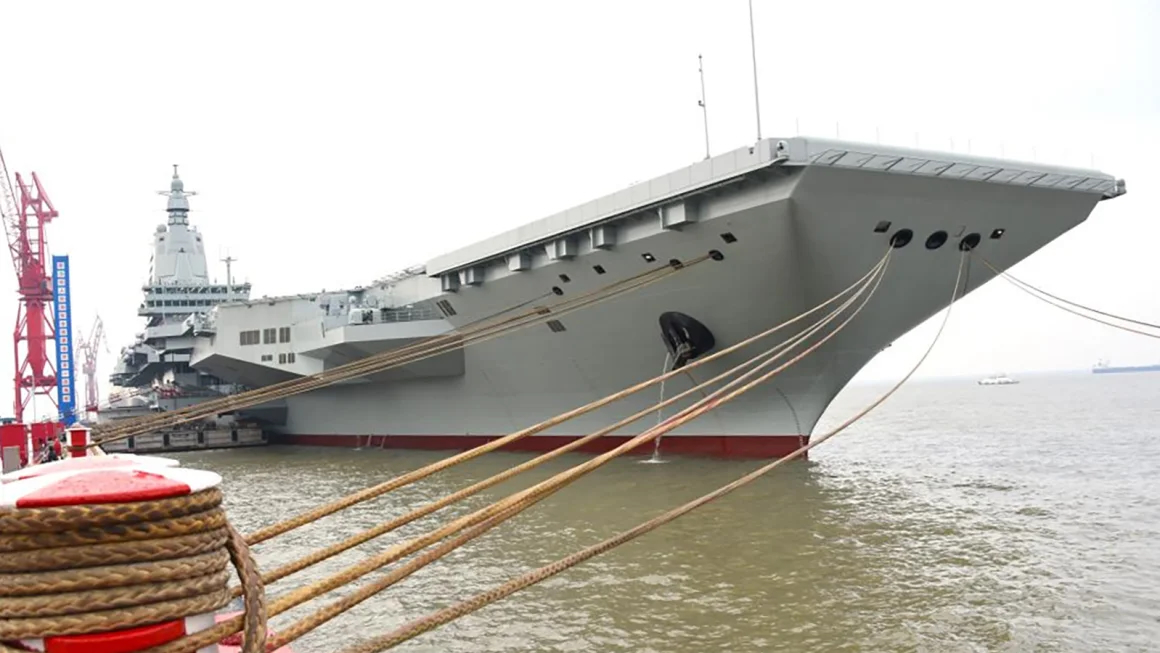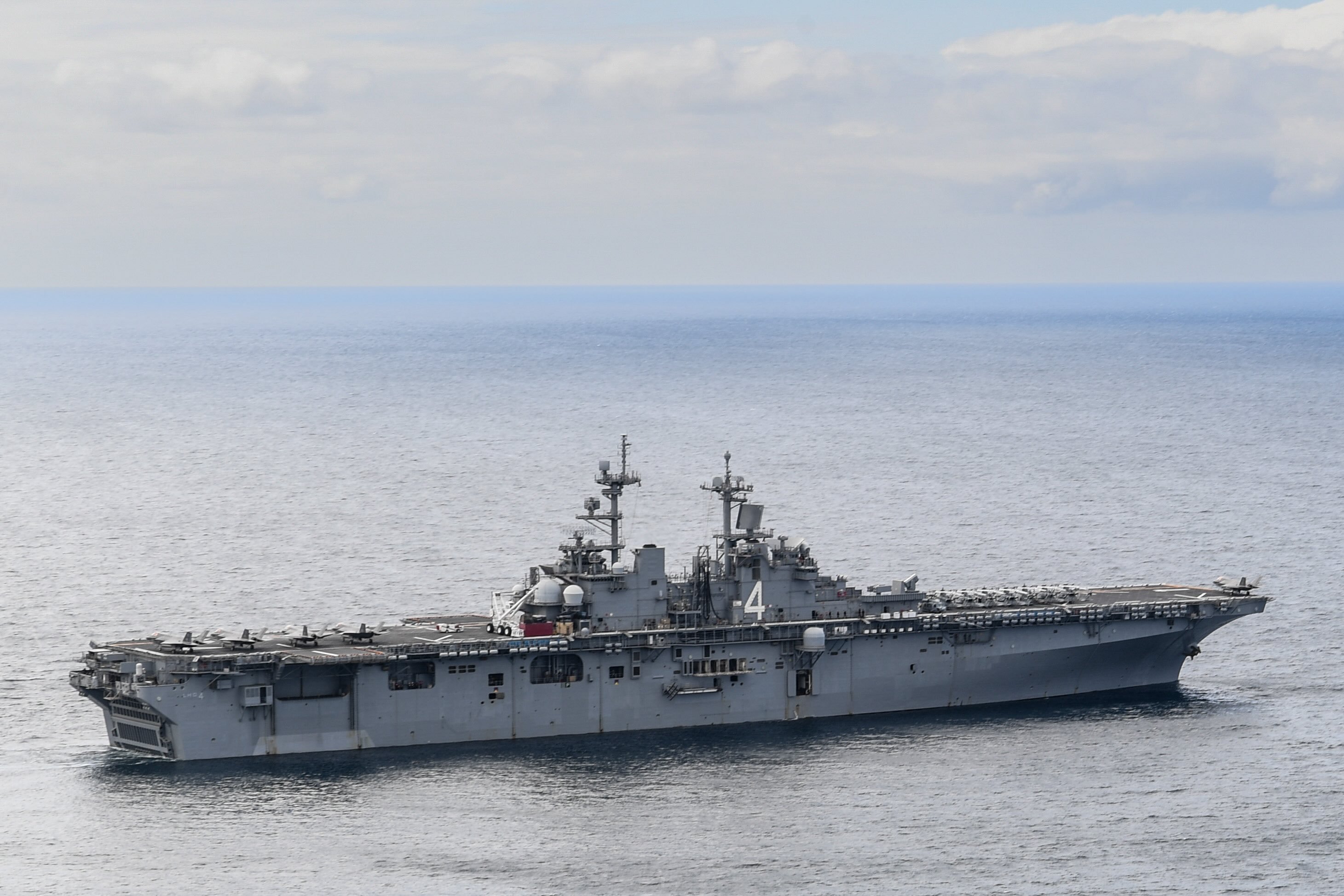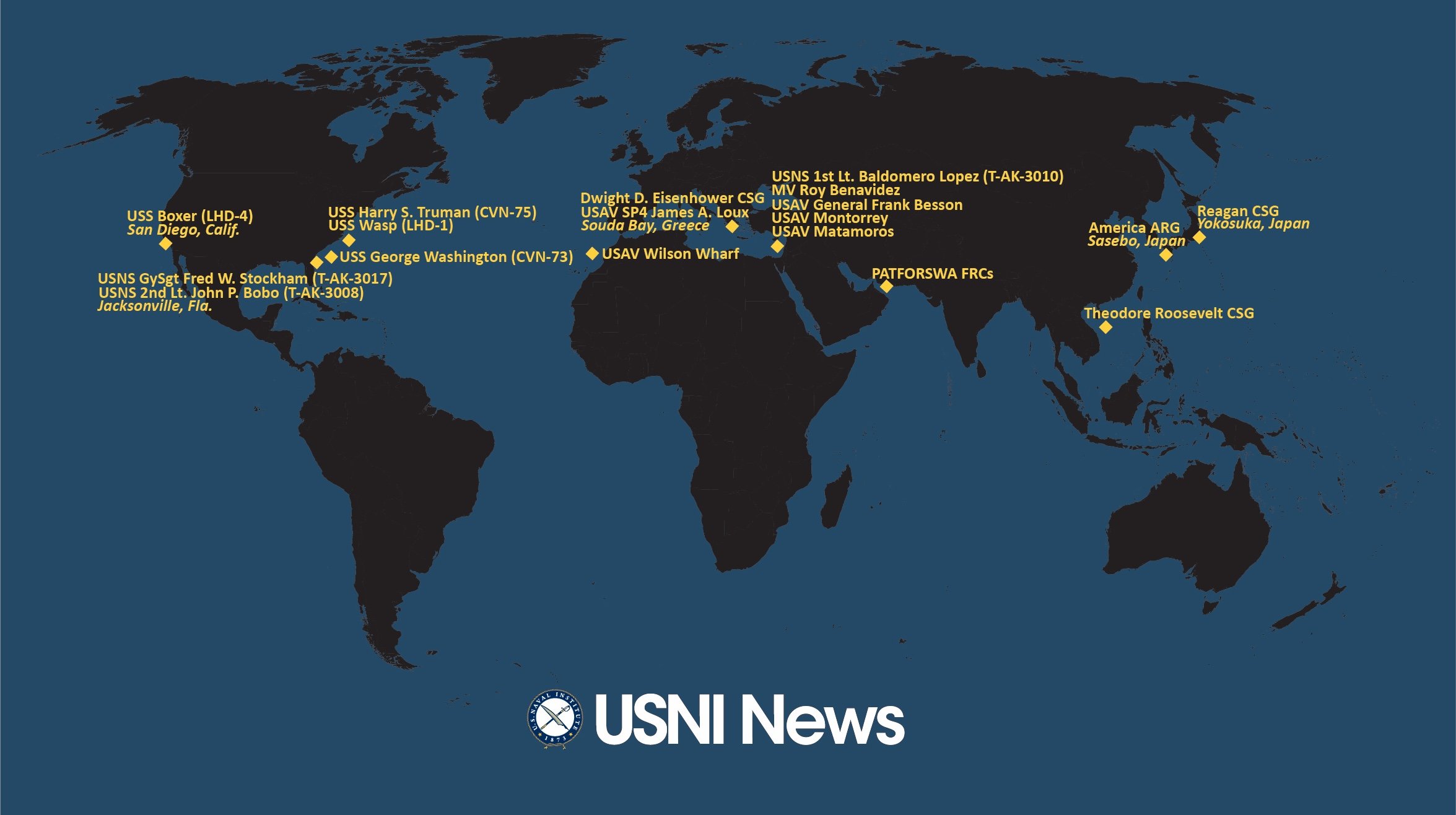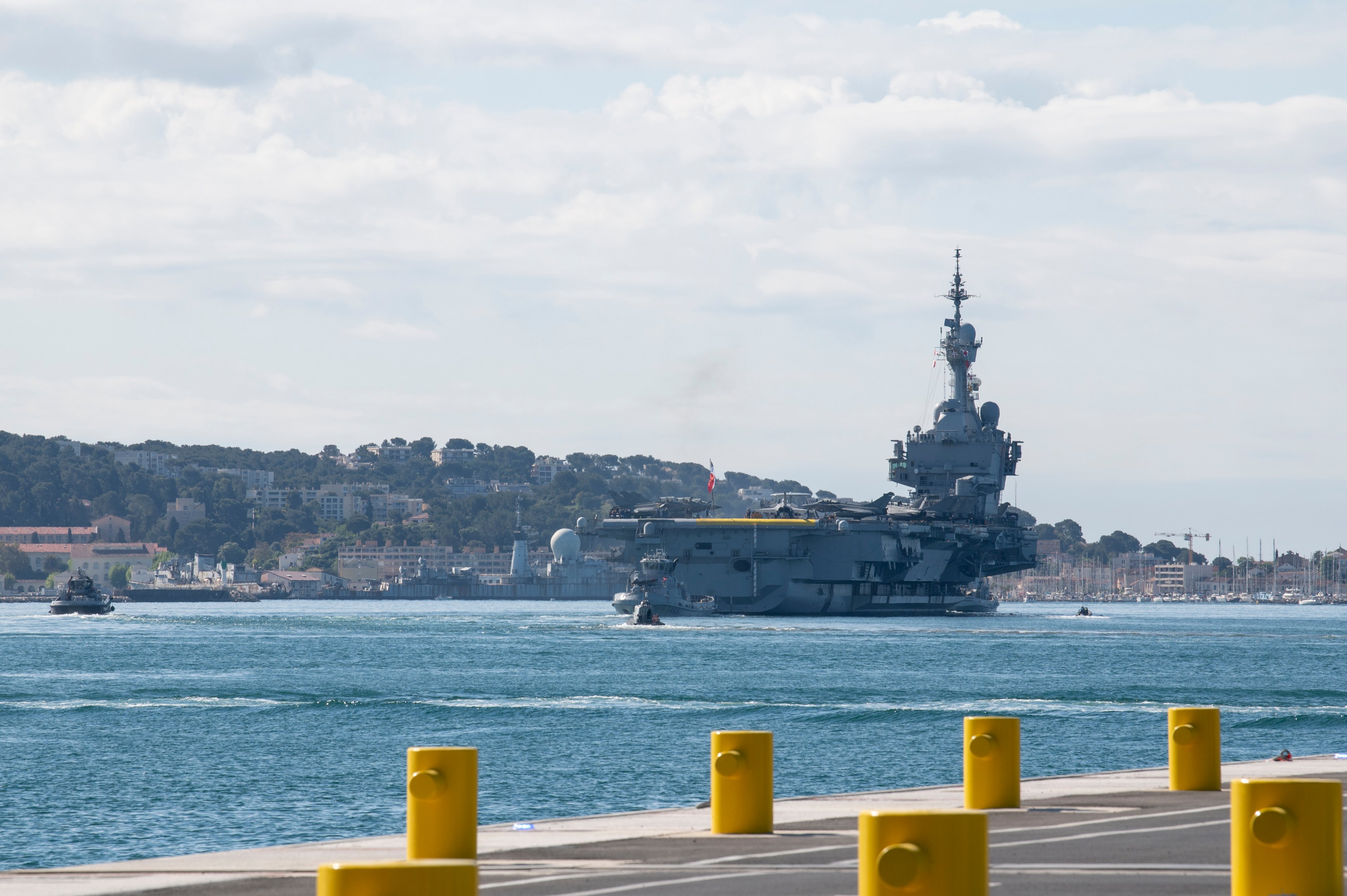
China criticized a U.S. Navy surveillance flight through the Taiwan Strait on Wednesday.
A statement from the People’s Liberation Army Eastern Theater Command called the P-8A Poseidon aircraft transit “provocative” and said Chinese aircraft tailed and tracked the flight.
“The troops of the PLA Eastern Theater Command will remain on high alert at all times and resolutely safeguard China’s national sovereignty as well as regional peace and stability,” PLAN Senior Capt. Li Xi, a PLA Eastern Theater Command spokesperson, said in a statement.
The P-8A Poseidon aircraft flew from the north to the south of the strait, according to Taiwan’s Ministry of National Defense.
U.S. 7th Fleet announced that the transit took place on Wednesday, one day after U.S. Defense Secretary Lloyd Austin spoke virtually to Adm. Dong Jun, China’s Minister of National Defense.
“By operating within the Taiwan Strait in accordance with international law, the United States upholds the navigational rights and freedoms of all nations,” 7th Fleet said in the statement. “The aircraft’s transit of the Taiwan Strait demonstrates the United States’ commitment to a free and open Indo-Pacific. The United States military flies, sails and operates anywhere international law allows.”
The Tuesday meeting was the first time Austin spoke to Dong since he took over the job at the end of December.
“The two officials discussed U.S.-PRC defense relations and regional and global security issues,” according to a Pentagon readout of the Tuesday call between Dong and Austin.
“Secretary Austin emphasized the importance of continuing to open lines of military-to-military communication between the United States and the PRC, following the 17th U.S.-PRC Defense Policy Coordination Talks (DPCTs) in January 2024 and a round of working-level Military Maritime Consultative Agreement (MMCA) talks in early April 2024,” the readout continued. “He reaffirmed the announcement by President Biden and PRC President Xi Jinping in November 2023 that both sides will resume telephone conversations between theater commanders. The Secretary also reiterated that the United States will continue to fly, sail, and operate – safely and responsibly – wherever international law allows.”
Austin last spoke to China’s defense minister in November of 2022 on the sidelines of an Association of Southeast Asia Nations meeting in Cambodia, according to a Pentagon readout of the meeting. At the time, Gen. Wei Fenghe was serving as the Minister of National Defense.
The Biden administration has been working to open military-to-military communication with China over the last year and a half, as the Defense Department has said Chinese officials either rejected or brushed off American appeals for talks. President Joe Biden and Chinese President Xi Jinping agreed to begin high-level military talks following a November 2023 meeting in California.





